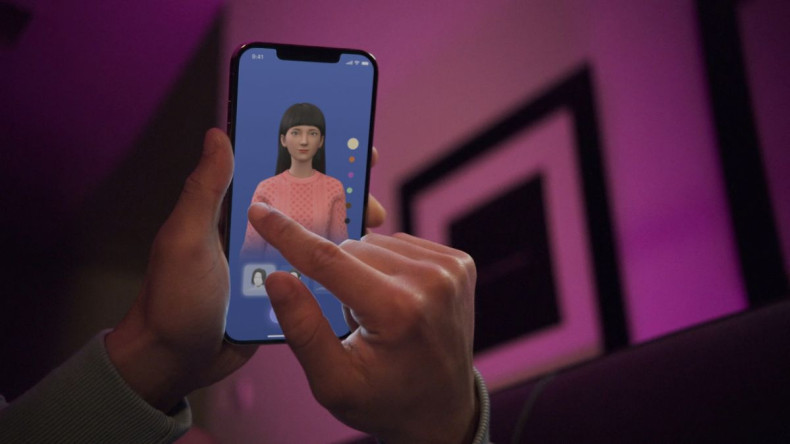Opinion
AI Is Turning America Into A Self-Service Economy: Are Consumers Better Or Worse off?
By Panos Mourdoukoutas Ph.D.
08/22/22 AT 6:11 AM
AI is every modern company's new customer service desk, turning America into a self-service economy. AI helps customers perform most of the services previously performed by humans, from scheduling appointments to monitoring deliveries and bill-payments handling — to mention but a few.
"Nowadays, more and more services are being automated by chatbots or self-guided tutorials to make the experience faster and without needing to talk with a real person," Rootstrap's Head of Machine Learning, Mikaela Pisani, said to International Business Times in an email.
"In traditional industries, conversational UI are starting to make humans obsolete," adds Iliya Rybchin, partner at Flixirr Consulting. "For example, Lemonade's virtual assistant drives the customer in the configuration and purchase of the home insurance, replacing the human interaction - and dramatically changing the economics of an insurance business. Ralph, Lego's super-friendly, emoji-loving chatbot consistently delivers the highest sales across the company!"
But taking the human factor from customer services hollows out the core of customer relations, the interaction between the company and its customers. What fills this void? "The answer is DATA, and customers are open to sharing their data in exchange for a better experience," explains Pisani. "Therefore, the self-service economy is becoming real with the intelligent use of data."
Apparently, the self-service economy sounds like a big win for companies as they cut costs and raise profits by having machines rather than humans dealing with customer service issues. "Companies are constantly turning to AI to improve customer service, sure – but the move is better for their bottom line," Vaclav Vincalek, founder and Virtual CTO of 555vCTO.com, told IBT in an email. "Take chatbots--AI beings that are there 24/7 to answer simple customer questions: 'What is your refund policy?' 'When can I expect my delivery?' 'Please choose from the following options.' With a chatbot, there's no need to hire an actual person to field calls for those questions."
What about customers? Does the new customer service desk make life better or worse for customers?
"Despite the perception that AI is there to improve customer service, we simply haven't reached that level yet," Vincalek says. "That means consumers will be left feeling frustrated when trying to get any real help. Going through the motions of 'speaking' with a chatbot still takes time and will most likely lead to that chatbot saying, 'I'm afraid I don't understand. Would you like to speak with an agent?' If consumers click yes, they'll be met with either a long wait time or worse yet, 'Please call back during office hours.'"
That's why Vincalek thinks customers are worse off with AI at this point as compared to the old service desk. "Real customer service requires companies to invest in – and train – real people," he explains. "Only through one-on-one conversations can companies really learn how to adapt their customer service strategy."
Pisani takes a more compromising position. "The self-service economy is a win-win when it works," Pisani explains. "But, when a user has a problem, chatbots are not good enough to understand them, and the self-service here might not be a good experience for them. So, for now, we cannot completely remove humans from the equation. When AI cannot resolve things, we need to involve humans to help customers to get what they want. Some companies forget this aspect, and users might be frustrated. This type of behavior might be destroying our culture."
 An undated handout image from U.S. startup Replika shows a user interacting with a smartphone app to customize an avatar for a personal artificial intelligence chatbot, known as a Replika, in San Francisco, California, U.S. Luka, Inc./Handout via REUTERS REUTERS / LUKA, INC.
An undated handout image from U.S. startup Replika shows a user interacting with a smartphone app to customize an avatar for a personal artificial intelligence chatbot, known as a Replika, in San Francisco, California, U.S. Luka, Inc./Handout via REUTERS REUTERS / LUKA, INC.
No comments:
Post a Comment